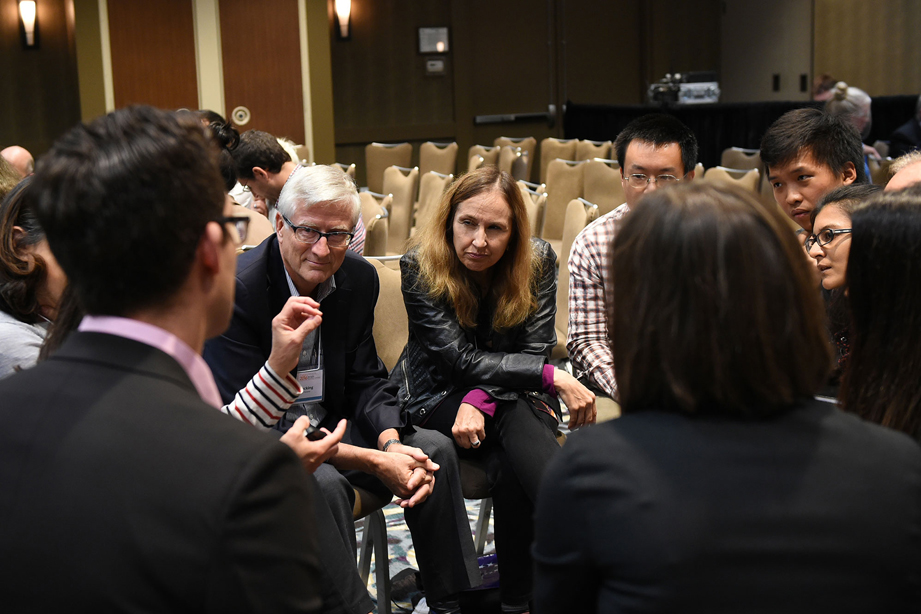Knowledge Translation: Maximizing the Impact of Research and Training in Neurodevelopmental Disorders
Project Category:
January 5, 2021

Challenge
Whereas children and families affected by neurodevelopmental disorders have needs, scientists have research questions. Kids Brain Health Network’s Knowledge-Translation (KT) Core builds bridges between the two so that research can make a real difference for those it intends to serve.
Project Summary and Results
In 2016, the KT core conducted 32 one-on-one interviews with policymakers, clinicians, other frontline workers and parents. These conversations brought 44 needs to the forefront. To see which ones resonated the most across Canada, the team asked stakeholders to vote on them, in-person and online. Over 650 people participated. The most widely agreed-upon needs included specialized in-depth training for educators, removal of barriers to diagnosis, and treatments that can help kids with specific challenges regardless of what diagnosis they have. The KT team brought these results to the KBHN’s board of directors, helping them to make the strategic decisions that would have the most significant possible impact.
Besides consulting with stakeholders, the KT team also delivered other ongoing services that were essential for translating science into social and economic benefits. These included brokering knowledge (identifying and connecting with potential knowledge users), organizing events, and giving researchers the tools and advice they needed to plan KT into their projects. For example, when KBHN identified four “high impact projects” that were ready for real-world treatment and service, the KT team consulted extensively with the team for each project to ensure it would meet its potential.
Funding
This project was part of the larger “Knowledge Translation Core.” This program was funded a total of $771,649 by the Kids Brain Health Network and $62,772 by participating partners.
Team
Principal Investigators
Key Personnel
Anneliese Poetz, York University